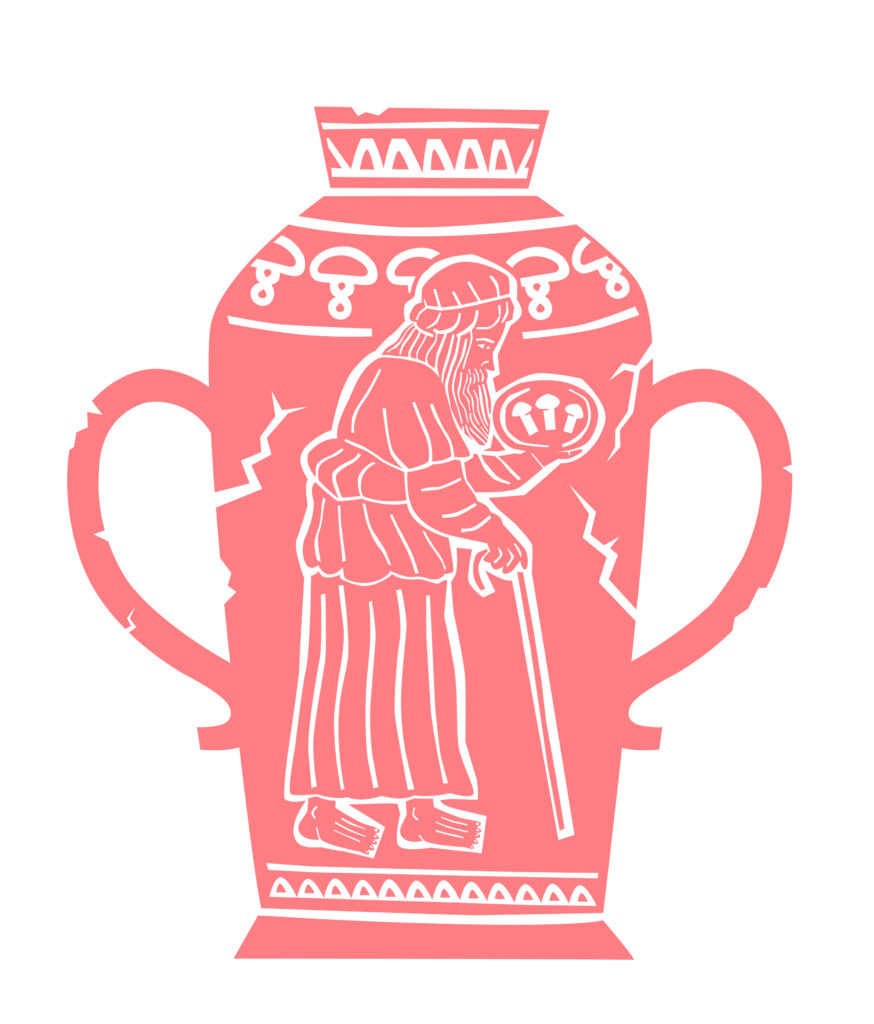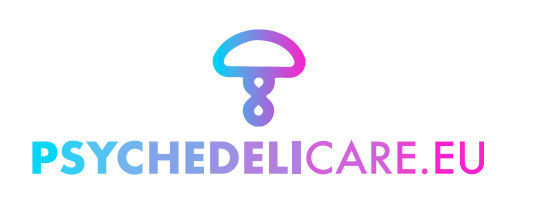LEGAL STATUS & HISTORY
Legal Status and Psychedelic Substances
Following a ban on unlicensed/unauthorised activities with psychedelics designated as ‘controlled drugs’ in the 1970s-1980s, research into perceived risks and benefits from experiencing psychedelic substances such as LSD, psilocybin and MDMA (commonly known as “ecstasy”) has been arduous, to say the least.
However, the last few decades have given rise to the rebirth of research concerning the therapeutic application of these medicines. The process has been slow, yet resilient, and this has encouraged some liberalisation of drug laws in some jurisdictions, leading to decriminalisation of possession of many drugs, and, in a few cases, broader legalisation of certain activities that were previously offences.
This shift is being referred to as the Psychedelic Renaissance. Numerous research studies and clinical trials have provided supportive evidence for the utilisation of psychedelics when administered in conjunction with psychotherapy. For instance, Spravato or Esketamine, which is a derivative of the psychedelic/anaesthetic ketamine, was approved in 2019 by the FDA (USA) for the treatment of depression, and it should be administered in conjunction with psychotherapy, other antidepressants or both. Many well respected researchers and clinicians recognise psychedelics as promising therapeutic tools for mental health disorders including depression, PTSD and substance-use disorders such as alcoholism.
The road to the legalisation of psychedelic-assisted therapy remains long, with no shortage of obstacles. However, despite numerous hurdles, the psychedelic renaissance is flourishing, and in doing so is helping to relieve the pain and suffering of people across the world. We strongly recommend adopting a person-centred discourse when discussing such restrictions, as by using language that is legally coherent and human-centred, we can open a doorway into a regulatory space where research and medical treatment can thrive.
European Union and United Kingdom
Despite the numerous academic institutions, companies and organisations providing evidence of the effectiveness of psychedelic-assisted therapy for the treatment of mental health disorders, they remain classified as schedule I substances, with no currently accepted medical use and a high potential for abuse. Domestic legislation often includes possible regulatory provisions, but these are not generally deployed due to a determination to maintain an idea of substance ‘illegality’ (rather than a proportionate regulatory model based upon outcomes).
However, there are a few exceptions. In the Netherlands, for example, psilocybin truffles (the subterranean part of a mushroom) are legally sold and possessed. Although psilocybin truffles are now legally available, when used therapeutically or in the context of a retreat, medical claims regarding the treatment of health conditions remains unlawful. Furthermore, low level offences with drugs in Spain and Portugal, have been decriminalised. The therapeutic use of some psychedelics has also been decriminalised in Switzerland, and the medical use of certain psychedelics is approved of in the context of psychotherapy by a limited number of certified physicians.
United States
Psychedelics remain classified as Schedule I substances, except a few states including Oregon, Colorado and Washington DC, which decriminalised possession of, but did not legalise all activities with named psychedelics. Decriminalisation (of activities with drugs), unlike legalisation (of activities with drugs), only allows the possession and personal use of small amounts of the substance, and specifies a minimum age requirement. However, clinical trials utilising MDMA-assisted psychotherapy for PTSD have been quite promising, leading the FDA to designate MDMA assisted psychotherapy as a “breakthrough therapy” in 2017. In December 2023, a new drug application for MDMA was submitted to the FDA, but unfortunately rejected.
Canada
Though psychedelics are still federally classified as ‘controlled drugs’, a Special Access Program allows physicians to administer them in certain emergency cases, while personal use and possession of the psychedelic substance 5-MeO-DMT is allowed. In 2023, the Canadian province of Alberta became the first one to regulate access to psychedelic-assisted therapy to treat mental health conditions but only for certain accredited institutions. There has also been much wider liberalisation in British Columbia.
Australia
Certain psychedelics can be used medically in conjunction with therapy upon prescription by authorised psychiatrists, including MDMA for individuals affected by post-traumatic stress disorder (PTSD) and psilocybin (contained in a natural form in “magic mushrooms”) for individuals suffering from treatment-resistant depression. In the case of addictive disorders, psychiatrists may prescribe ibogaine, the psychoactive substance found in a West African shrub.”
History of Psychedelic Plant Use in Europe
Several classic ethnobotany studies investigate the use of fungi, cacti and plants found in Central and South America, and have greatly contributed to the understanding of shamanic rituals and the techniques used to bring the “god” or the “soul” to manifest. While the use of entheogens in North, Central and South America is deeply documented and studied, less is known about the European Continent.
We know that the Ancient Greeks used cannabis and psychedelic mushrooms, but very little is known about the compounds used in ancient Greek rituals. Wasson et al. (1978), reporting about the “Eleusinian Mysteries” proposed that not a single ingredient, rather a psychoactive compounds mix, was the key to the intoxifying concoction, whose composition we’re not sure about (it was probably a mix of cannabis, P. Somniferum resin, or “opium”, and some sort of enzyme inhibitor like Harmaline extracted from Peganum Harmala).
The Greek philosopher Plato is known to have participated in the Eleusinian Mysteries, mentioning them in his famous dialogue on the immortality of the soul, the Phaedo. And so did many other thinkers and philosophers of the ancient world.

Organisations, Communities, Initiatives
Here is a non-exaustive list of organisations, companies and communities around the world building knowledge and educating the public about psychedelic substances. Check out also our partners!
Universities & Institutes Researching Psychedelics
ICEERS
Heffter Research Institute
Johns Hopkins Center for Psychedelic & Consciousness Research
Usona Institute
Imperial College London, Center for Psychedelic Research
Yale Psychedelic Science Group
UC Berkeley Center for the Science of Psychedelics
NYU Langone Center for Psychedelic Medicine
Columbia University Department of Psychiatry
Organisations Advocating & Educating About Substances
Erowid
Open Foundation
Mind Foundation
Australian Psychedelic Society
Drug Science
Blossom Database on Psychedelic Research
Psychedelic Access and Research European Alliance (PAREA)
Communities & Psychonaut Initiatives
Heroic Hearts
Psychonaut Wiki
Bluelight Community
Shroomery
Double Blind Magazine
